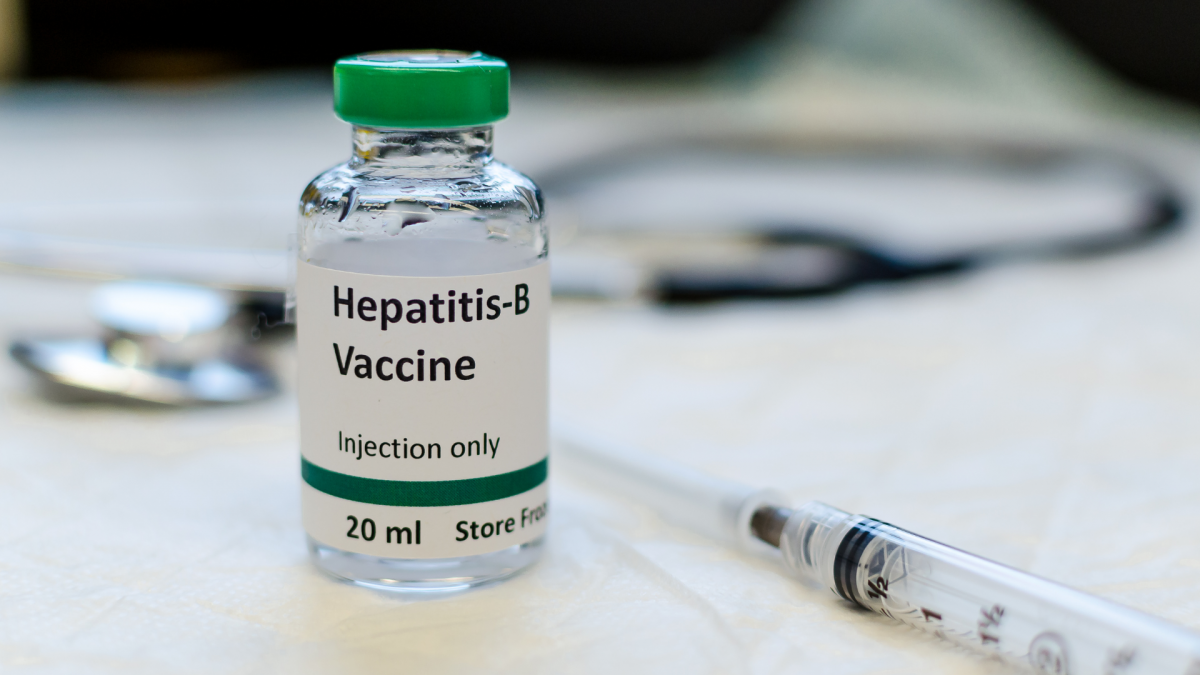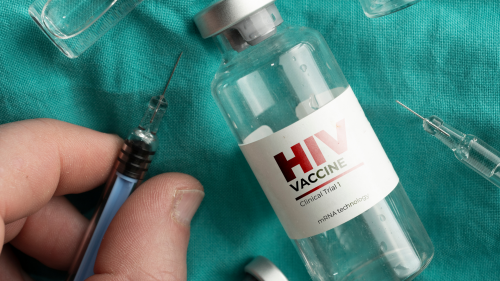Hepatitis B vaccination is indicated to prevent active infection with the hepatitis B virus, which can lead to chronic liver failure and hepatocellular carcinoma. This vaccine is not only specifically for adults, children are also recommended to get this vaccine from an early age. WHO (World Health Organization) also recommends that this vaccine be given to babies within 24 hours after birth.
WHAT IS HEPATITIS B?

Picture 1. Image is for illustration only
Hepatitis B is a liver disease that can cause mild illness lasting a few weeks, or it can lead to a serious, lifelong illness. Hepatitis B can be acute or chronic:
- Acute hepatitis B infection,is a short-term illness that can lead to fever, fatigue, loss of appetite, nausea, vomiting, jaundice (yellow skin or eyes), and pain in the muscles, joints, and stomach.
- Chronic hepatitis B infection,is a long-term illness that occurs when the hepatitis B virus remains in a person’s body. Most people who go on to develop chronic hepatitis B do not have symptoms, but it is still very serious and can lead to liver damage (cirrhosis), liver cancer, and death. Chronically infected people can spread hepatitis B virus to others, even if they do not feel or look sick themselves.
Hepatitis B is spread when blood, semen, or other body fluid infected with the hepatitis B virus enters the body of a person who is not infected. People can become infected through:
- Birth (if a pregnant person has hepatitis B, their baby can become infected)
- Sharing items such as razors or toothbrushes with an infected person
- Contact with the blood or open sores of an infected person
- Sex with an infected partner
- Sharing needles, syringes, or other drug-injection equipment
- Exposure to blood from needlesticks or other sharp instruments
There are various ways to prevent hepatitis B, such as avoiding direct contact with blood and bodily fluids and use condoms with sexual partners. But among all the ways, the best way to prevent hepatitis B is by getting vaccinated.
KNOW WHAT IS HEPATITIS B VACCINE
Hepatitis B vaccine can prevent hepatitis B. The hepatitis B vaccine contains inactivated hepatitis B virus surface antigen (HBsAg). This vaccine works by stimulating the immune system to produce antibodies to fight the virus.
Who needs to get this vaccine? The answer is the whole society.
- Infants should get their first dose of hepatitis B vaccine at birth and will usually complete the series at 6–18 months of age. WHO recommends that all infants receive the hepatitis B vaccine as soon as possible after birth, preferably within 24 hours, followed by 2 or 3 doses of hepatitis B vaccine at least 4 weeks apart to complete the vaccination series. The birth dose of hepatitis B vaccine is an important part of preventing long-term illness in infants and the spread of hepatitis B.
- Children and adolescents younger than 19 years of age who have not yet gotten the vaccine should be vaccinated.
- Adults who were not vaccinated previously and want to be protected against hepatitis B can also get the vaccine.
- Pregnant and lactating women needs to consult a doctor first. Because there are no definite studies that show the minimal risk to the fetus and the absorption of the vaccine in breast milk.
It is generally accepted that the hepatitis B vaccine confers lifelong protection; originally, it was thought to only last around eight years, but more recent research has confirmed ongoing immunity for at least 25 years in those individuals who demonstrated a good immune response from the vaccine series.

Picture 2. Image is for illustration only
Intramuscular injection (IM) is the preferred administration method for vaccine and Hepatitis B vaccine is usually given as 2, 3, or 4 shots. This vaccine injection is carried out by a doctor or medical officer under the supervision of a doctor at a health facility. Some of the common side effects that can occur after receiving the hepatitis B vaccine are:
- Redness, pain, swelling, or a lump at the injection site
- Headache
- Fatigue
Check with your doctor if the side effects above do not subside or get worse. Immediately see a doctor if there is an allergic reaction to the drug which can be characterized by the appearance of certain symptoms, such as an itchy rash, swollen eyes and lips, or difficulty breathing.
References:
- CDC. (2021). Hepatitis B Vaccine: What You Need to Know
- National Library of Medicine. (2022). Hepatitis B Vaccine
- WHO. (2022). Hepatitis B







